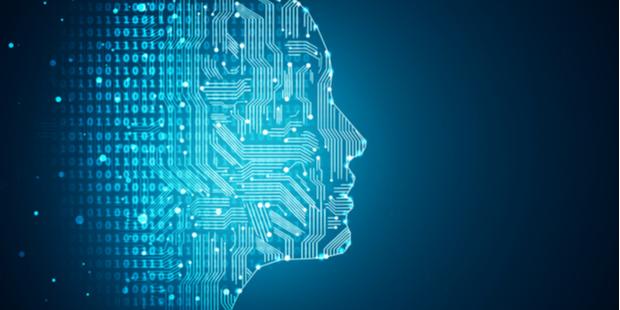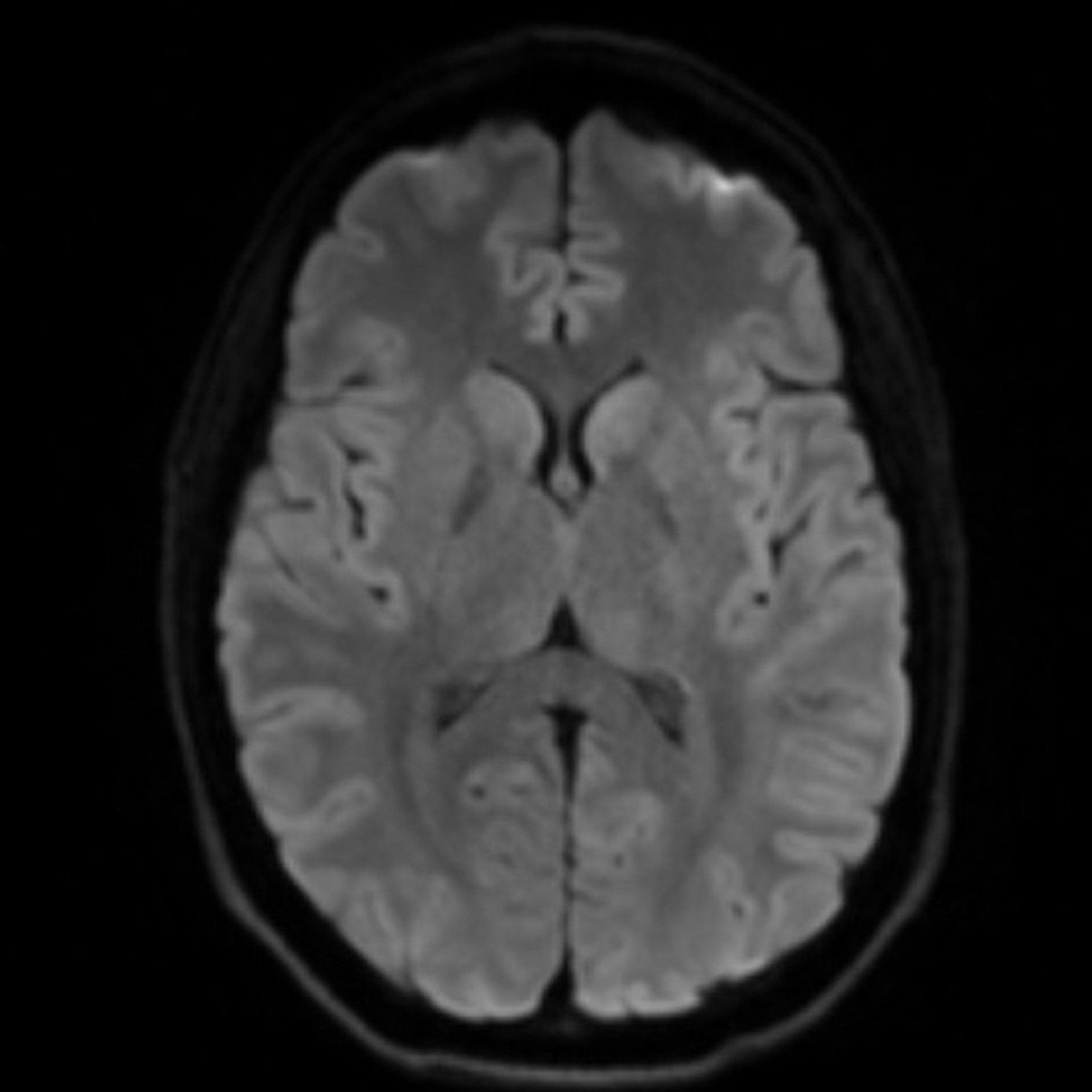In the intricate tapestry of mental health, researchers have uncovered a groundbreaking discovery that may shed new light on the complexities of depression. A recent study utilizing cutting-edge brain imaging techniques and machine learning algorithms has unveiled the existence of six distinct biological subtypes of depression. This innovative approach holds the potential to revolutionize our understanding of this pervasive mood disorder, paving the way for more targeted and effective treatments.
Identifying the Six Biological Subtypes of Depression through Brain Imaging
Recent research using brain imaging and machine learning techniques has identified six distinct biological subtypes of depression. These subtypes were discovered through the analysis of brain scans from individuals with depression, revealing unique patterns of brain activity and connectivity. By categorizing depression into specific subtypes, researchers hope to provide more targeted and personalized treatment options for individuals struggling with this debilitating condition.
Each of the six biological subtypes of depression exhibit distinct characteristics in terms of brain function and structure. These findings indicate that depression is not a one-size-fits-all disorder, but rather a complex and heterogeneous condition with various underlying biological mechanisms. Understanding these subtypes can help clinicians tailor treatment plans to individual patients, improving the overall effectiveness of depression management. This research represents a promising step towards a more precise and personalized approach to treating depression.

The Role of Machine Learning in Revolutionizing Depression Diagnosis
In a groundbreaking study, researchers have identified six distinct biological subtypes of depression using brain imaging and machine learning techniques. This new development has the potential to revolutionize the way depression is diagnosed and treated, leading to more personalized and effective interventions for individuals suffering from this mental health condition.
By utilizing advanced technology such as machine learning algorithms, scientists were able to analyze brain scans of patients with depression and identify unique patterns that correspond to specific subtypes of the disorder. This breakthrough not only offers a more nuanced understanding of depression but also opens up new possibilities for targeted therapies tailored to the individual needs of patients. With further research and validation, this innovative approach could pave the way for a more precise and efficient diagnosis of depression, ultimately improving treatment outcomes and quality of life for those affected by this debilitating condition.

Implications for Personalized Treatment Approaches in Mental Health
Researchers have uncovered fascinating insights into the complex nature of depression through a cutting-edge study utilizing brain imaging and machine learning techniques. The study identified an impressive total of 6 distinct biological subtypes of depression, shedding light on the heterogeneous nature of this mental health condition. By leveraging advanced technology and data analysis, scientists have made significant strides in understanding the various mechanisms underlying depression.
These groundbreaking findings have profound . By recognizing the diverse biological subtypes of depression, clinicians can tailor interventions more effectively to individual patients. This innovative approach holds promise for optimizing treatment outcomes and improving the overall well-being of individuals struggling with depression. With further research and refinement, personalized treatment plans based on biological subtypes could revolutionize mental health care in the near future.

Recommendations for Integrating Brain Imaging and Machine Learning in Clinical Practice
Recent research utilizing brain imaging and machine learning techniques has revealed fascinating insights into the biological underpinnings of depression. This groundbreaking study identified 6 distinct biological subtypes of depression based on patterns detected in brain scans and analyzed using advanced machine learning algorithms.
By incorporating these findings into clinical practice, healthcare providers can potentially revolutionize treatment approaches for individuals struggling with depression. Tailoring interventions to specific biological subtypes identified through brain imaging and machine learning could lead to more personalized and effective treatment plans. This innovative integration of technology and neuroscience has the potential to significantly improve outcomes for patients with depression.
In Summary
the discovery of six distinct biological subtypes of depression through brain imaging and machine learning marks a significant advancement in our understanding of this complex and challenging mental health condition. By identifying these unique subtypes, researchers may be able to develop more targeted and effective treatments for individuals suffering from depression. Continued research in this area holds promise for improving the lives of those affected by this widespread and often debilitating disorder.